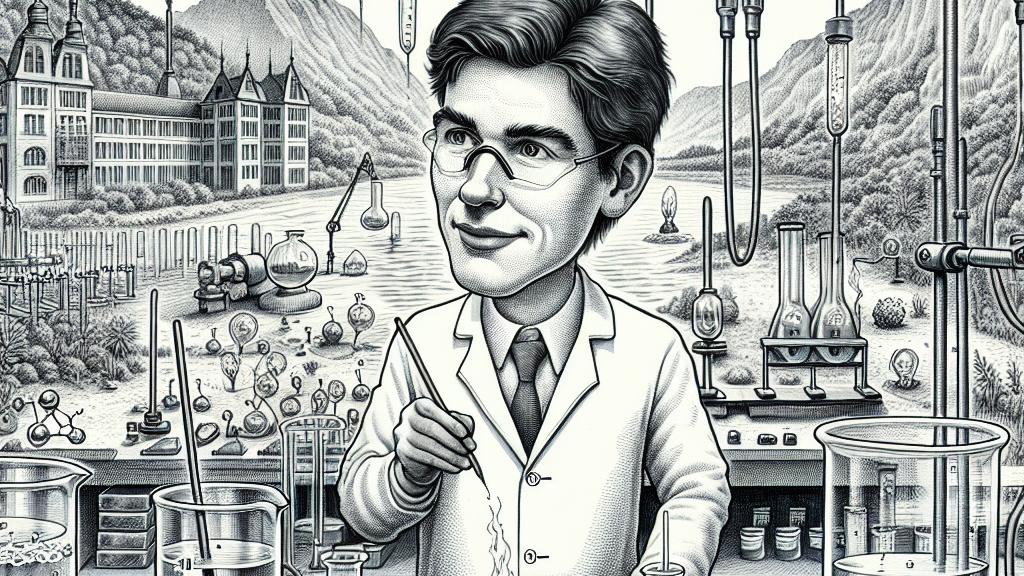Innovative Electrochemical Water Splitting Enhances Sustainable Hydrogen Production
Overview
- A groundbreaking method from a German-Chinese research team transforms hydrogen production from water.
- The use of atomically dispersed iridium significantly boosts efficiency in the oxygen evolution reaction (OER).
- This revolutionary approach not only cuts energy consumption but also lessens dependence on precious metals.

Introduction to Electrochemical Water Splitting
In the scenic landscapes of Germany, a remarkable innovation is unfolding at the University of Bayreuth. Here, Prof. Dr. Francesco Ciucci and his dynamic research team are reshaping the landscape of clean energy with a pioneering technique for electrochemical water splitting. This method promises to usher in a new era for hydrogen production, crucially needed to satisfy the world's thirst for sustainable energy. Hydrogen, being the lightest element, possesses a high energy density and burns cleanly, producing only water vapor as a by-product. However, the conventional processes to obtain hydrogen are often energy-intensive and costly. Therefore, innovative solutions like the ones being developed in this German lab are essential for advancing our energy future.
Overcoming Challenges with Innovative Techniques
One significant hurdle in hydrogen production has been the slow pace of the oxygen evolution reaction (OER). To tackle this, the researchers made a bold move by introducing atomically dispersed iridium as their catalyst of choice. This cutting-edge approach employs a unique arrangement of iridium atoms—combined with dimethylimidazole and cobalt-iron hydroxide—in a specific geometric formation, boosting OER efficiency dramatically. Not only does this novel configuration enhance reaction activity, but it also reduces the energy barrier known as overpotential. Let’s not forget that this method significantly cuts down the reliance on large quantities of expensive noble metals, making hydrogen production more accessible and economically viable.
Implications for the Future of Hydrogen Production
The potential implications of this groundbreaking research are vast and inspiring. With a growing global demand for clean, renewable energy solutions, techniques like this enhanced electrochemical water splitting hold the key to establishing hydrogen as a major energy source of the future. As nations grapple with the pressing issue of climate change, this research provides vital insights that could help meet international energy and climate targets. By forging pathways to sustainable hydrogen production with minimal environmental impact, we are vigorously stepping into a cleaner energy landscape. Imagine a world where hydrogen powers our vehicles, fuels our industries, and even heats our homes—this research is a significant stepping stone in making that vision a reality.

Loading...